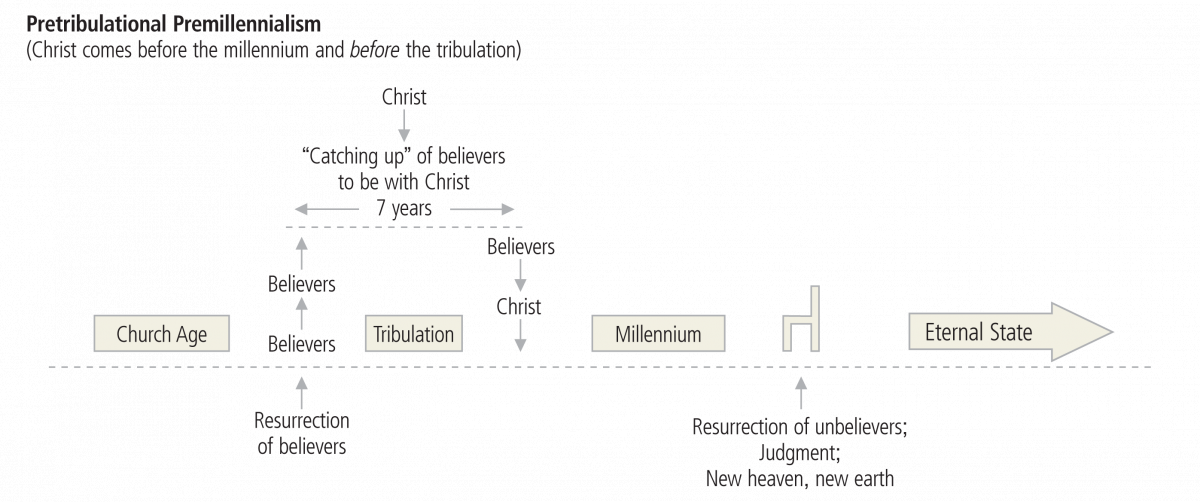Chapter 19: Of the Law Of God
Introduction
What is the relationship between the Christian and the Law? Do we have to obey the Law? What is the threefold division of the law? Are we saved by the Law? What are the threefold uses of the Law? What is the moral law and is it binding on all people? What are the Ten Commandments? Were the Ten Commandments known before Sinai? What is the relationship between the believer and the Ten Commandments? What is the doctrine of the Law and the gospel?
There is a lot of work to be done in this chapter and I think that this is a crucial chapter, one that I want to study myself. I do believe what is confessed here, but I do also want to be able to make a biblical case for it. The case that I will lay down is obviously convincing to me, I will not be able to address every objection that may come up. What I want to lay down here is the binding authority and nature of the Decalogue on all people, whether saved or unsaved; what the relationship of the Christian is to the Law and such questions.
Defining Our Terms
Natural Law
The Natural Law is the Law Of God as revealed in creation and which man knows by virtue of the fact that he’s a creature made in the image of God (see here on the image of God). Natural Law may be discovered by reason and innate knowledge. The Reformed Baptist theologian Richard Barcellos writes the following concerning the substance and form of the Moral Law:
Protestant Scholasticism taught that the Decalogue summarily contains the Moral Law and is the inscripturated form of the natural law, as to its substance. A distinction was made between substance and form. Substance is one; form (and function) may vary. For example, when the Westminster Larger Catechism Q. 98 says, “The moral law is summarily comprehended in the ten commandments,” it refers to the fact that the substance (i.e., the underlying essence) of the Moral Law is assumed and articulated in the propositions of the Decalogue as contained in Exodus 20 and Deuteronomy 5. The form (and function) fits the redemptive-historical circumstances in which it was given. The substance, or underlying principles, are always relevant and applicable to man because he is created in the image of God. The application may shift based on redemptive-historical changes, such as the inauguration of the New Covenant, but its substance and utility never changes.[1]
Moral Law
The Moral Law, on the other hand, is the Law which is revealed and summarized by God in the Ten Commandments, the Decalogue, which is the substance of the Natural Law. Richard Muller is quoted in Barcellos on the definition of the Moral Law, saying:
specifically and predominantly, the Decalogus, or Ten Commandments; also called the lex Mosaica …, as distinct from the lex ceremonialis …and the lex civilis, or civil law. The lex moralis, which is primarily intended to regulate morals, is known to the synderesis [the innate habit of understanding basic principles of moral law] and is the basis of the acts of conscientia [conscience–the application of the innate habit above]. In substance, the lex moralis is identical with the lex naturalis …but, unlike the natural law, it is given by revelation in a form which is clearer and fuller than that otherwise known to the reason.[2]
And then Dr. Barcellos adds:
As noted above, the Moral Law is summarily comprehended in the Decalogue, not exhausted by it. Though the formal promulgation of the...










